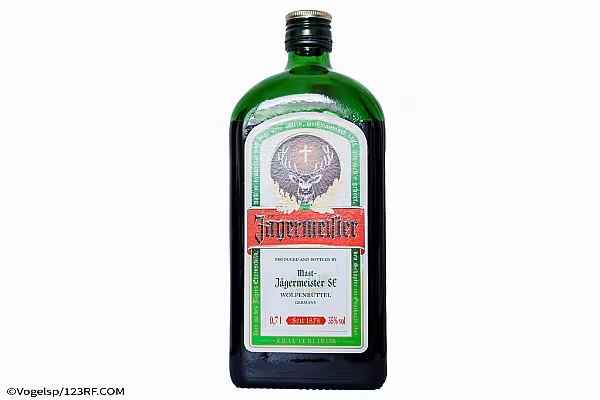Henkel has announced plans to sell or discontinue some brands in its consumer businesses by 2021 while looking for acquisition opportunities as it seeks to turn around its fortunes after a string of profit warnings.
Carsten Knobel, Henkel's former finance chief who took over as CEO in January following a run of poor results, said that "active portfolio management" would be a key element in his new strategy.
"We need a new gameplan," he said, admitting in a webcast presentation that the maker of Persil detergent had put too much focus on cost cutting.
Coronavirus Impact
New finance chief Marco Swoboda, who also took over in January, said the coronavirus could cut first-quarter sales by €100 million, but added the full-year guidance was unchanged based on its current assumptions.
Henkel said it had identified brands and categories with a total sales volume of more than €1 billion, mainly in its consumer units, of which around 50% were marked to be divested or discontinued by 2021.
The consumer units - beauty, laundry and home care - made combined sales of €10.5 billion in 2019.
Swoboda declined to comment on which brands might be sold or discontinued, but said there would be a focus on the beauty business, and Henkel would try to turn around those brands the company decided to hold on to.
Acquisitions would remain an integral part of Henkel's strategy, as it aims to expand its technology leadership in adhesives and look for consumer brands that would strengthen its position in its top markets and categories.
Radical Steps
Reuters has reported that Henkel is vying with Unilever and buyout funds including Advent and Cinven for some of Coty's top beauty brands including professional haircare products like Wella, in a deal worth up to $7 billion.
If successful, Henkel could strengthen its position in salon haircare, where its Schwarzkopf brand already makes it the third biggest player globally.
Swoboda declined to comment on Coty on Thursday.
Analysts have suggested Henkel should consider selling or spinning off its struggling beauty unit, but the founding family, which owns around 60% of the company's voting shares, has long been seen as resistant to take such a radical step.
News by Reuters, edited by ESM. Click subscribe to sign up to ESM: European Supermarket Magazine.














